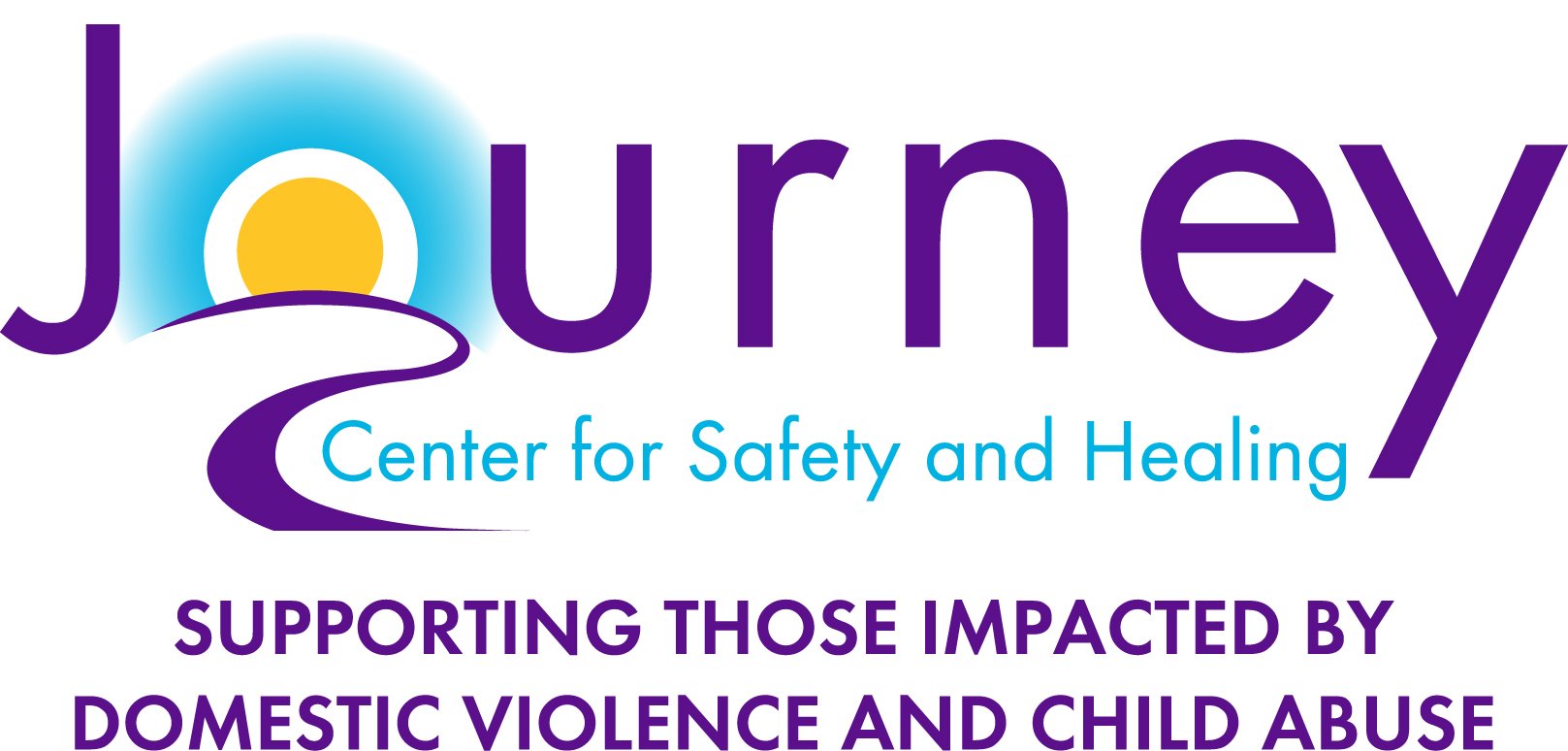Red Flags & Green Flags in Relationships
You deserve love. You deserve respect. You deserve appreciation.
When it comes to relationships, it’s important to understand the differences between red and green flags. Red flags are essential warning signs, which indicate that a person isn’t compatible with a healthy relationship. Green flags demonstrate someone’s character and values while showcasing healthy behaviors. Whether it is a romantic relationship or any other relationship, it is important to learn how to recognize early signs to find a healthy partner.
Red flag behaviors may include:
Poor conflict resolution
In conflict they shut down, criticize, or lash out. They react with anger, blame, and shame. They blame their partner for their anger.Criticism
While honest conversations are important, criticism can be especially harmful when it’s targeted at your partner’s character flaws, rather than focusing on actions and feelings.Possessiveness or control
Using guilt tactics when you want to spend time with your friends. Telling you where you can go or what friends you can talk to. Or, they want you to spend all of their time with them.Lying or twisting the truth
Manipulation. They blame you when things go wrong or say things like “that’s not how I remember it happening.” They don’t take responsibility for mistakes or hide things from their partner- this could include gaslighting.Verbal or physical abuse
Any form of violence or dangerous behavior is an immediate red flag. Ask yourself: do I feel safe when I argue with my partner? Do they use physical or verbal intimidation (yelling, name calling) to get their way?
Green flag behaviors include:
Attentiveness
They are interested in validating and meeting your needs and desires and getting to know your hobbies and interests.Responsibility taking
People who take responsibility hear their partner out when they have a concern, validate the concern, and think before responding.Not afraid to apologize
Saying sorry is a crucial communication tool and can be a way of rebuilding trust. And once they apologize, they take steps to correct their mistake.Consistent communication
Willingness to have open and constructive conversations indicates a high level of respect.Respects your boundaries
In any relationship, it’s essential to let the other person know what you are and aren’t okay with – not only does a healthy partner respect when you say “no” they also communicate what their boundaries are.
We want partners who are gentle with us, who are accountable in their life and for their actions in a relationship. We all deserve to have a loving, healthy, fulfilling relationship. Healthy relationships are safe and empowering. In them we feel secure, valued and appreciated.
Unhealthy relationships are turbulent and while we are in them we may feel misunderstood, insecure, undervalued or think, “if I changed this one thing, everything would be better.” Taking the time to be patient with yourself as you separate between healthy and unhealthy behaviors is very important.
Every person deserves a relationship that builds them up, supports them -unconditionally- in good times and bad, and makes them feel safe, secure, and loved. Whether in a new relationship, a relationship that you’ve been in for a while, or starting to date again remember: you are worth safe, supportive love.
We are always here for you when you need to talk. Call or text our 24-Hour Helpline: 216.391.4357 (HELP) or live chat.
